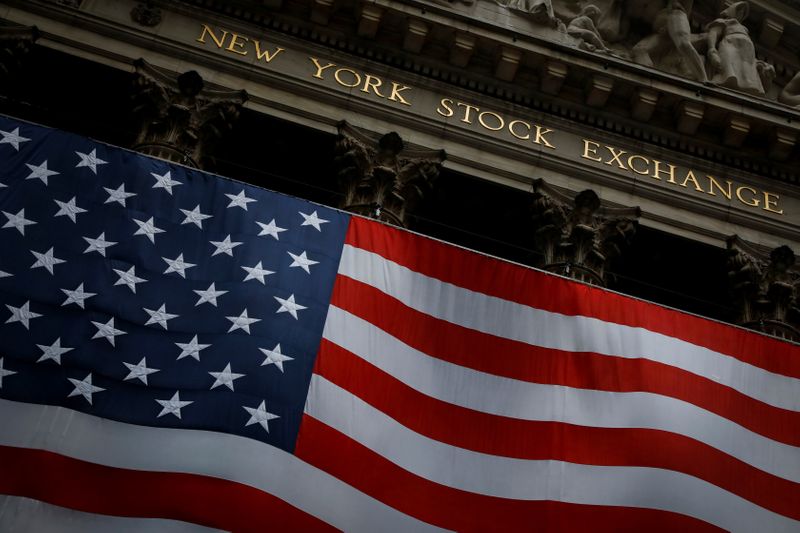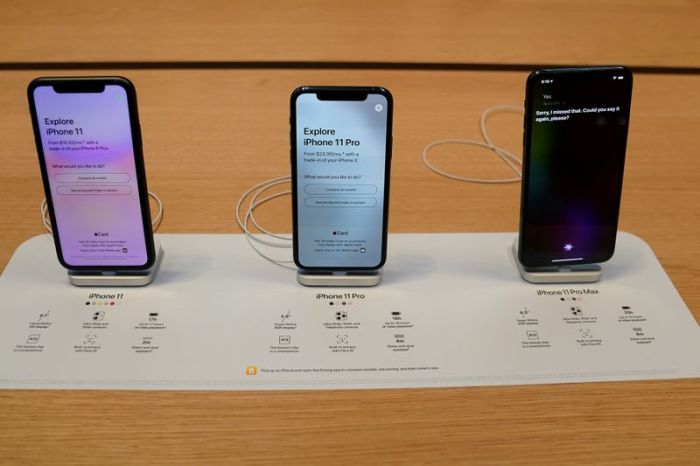NEW YORK (Reuters) – Global stocks rallied on Friday on President Donald Trump’s plans to revive the coronavirus-hit U.S. economy and a report about a clinical trial for a potential drug to treat COVID-19, while the dollar fell amid investors’ growing risk-on sentiment.
The bulls charged ahead on a report that patients with severe COVID-19 symptoms had responded positively to Gilead Sciences’ <GILD.O> experimental drug remdesivir, lifting Gilead’s shares by 9.7%. Analysts and the company have urged caution on drawing any conclusions, however.
Boeing’s <BA.N> announcement it would resume production of commercial jets next week also buoyed sentiment and gave traders a reason to shrug off a 6.8% decline in Chinese gross domestic product in the first quarter, the first contraction since 1992, when modern record-keeping began.
The dollar slid against the euro and Japanese yen, and gold fell as much as 2% as investors globally drew comfort from Trump’s plans to gradually re-open the U.S. economy in a three-stage approach.
China along with Germany, Italy, Spain and other parts of Europe also have plans to reopen their economies even as the death toll from the pandemic rises.
“It’s too early to signal the all-clear, but I do think we’re making progress,” said Michael Arone, chief investment strategist at State Street Global Advisors in Boston.
Economies will not fully recover until people are comfortable they can move about in public without being exposed to the coronavirus and getting sick, he said. Also, laid-off workers must be rehired but the good news is at least half indicate their situation is temporary, he said.
MSCI’s gauge of stocks across the globe <.MIWD00000PUS> gained 2.59%, while the pan-European STOXX 600 index <.STOXX> rose 2.63%, climbing more than 8% the last two weeks.
On Wall Street, stocks pared early gains above 2% but remained firmly in positive territory. Boeing rose 14.7% while the Nasdaq, up 6.1% for the week, logged its best two-week gain since April 2001.
The Dow Jones Industrial Average <.DJI> rose 704.81 points, or 2.99%, to 24,242.49. The S&P 500 <.SPX> gained 75.01 points, or 2.68%, to 2,874.56 and the Nasdaq Composite <.IXIC> added 117.78 points, or 1.38%, to 8,650.14.
The death toll from the coronavirus hit 150,000 on Friday, according to a Reuters tally.
Asia had a strong session. Tokyo’s Nikkei <.225> and Seoul’s KOPSI <.KS11> both closed up over 3%. Copper, a global economic bellwether, rose was up nearly 4% for the week to post its biggest weekly gain since February 2019. [.T][.SS][MET/L]
The dollar index <=USD> fell 0.126%, with the euro <EUR=> up 0.29% to $1.0866. The yen <JPY=> strengthened 0.33% versus the greenback at 107.61 per dollar.
But the pandemic still spurred gloomy news.
Credit rating firm S&P Global downgraded another clutch of countries hit by the coronavirus and warned that even triple-A and other top-rated nations could be cut depending on how they manage the longer-term consequences of the pandemic.
In Europe, Italy’s government bonds, which have been under pressure as the country’s virus difficulties push its debt-to-GDP ratio toward 150%, rallied again.
U.S. long-dated Treasury yields fell to two-week lows, despite higher-risk appetite overall. Benchmark 10-year notes <US10YT=RR> last fell 13/32 in price to yield 0.6496%.
U.S. gold futures <GCcv1> settled down 1.9% at $1,698.80 an ounce.
U.S. crude futures hit 18-year lows, trading below $18 a barrel for part of the session as WTI extended losses in comparison to global benchmark Brent, in part due to the coming expiration of the current May contract. But later-dated contracts also fell as U.S. storage rapidly fills.
Oil prices have remained weak even after the Organization of the Petroleum Exporting Countries and other producers last weekend announced a deal to cut output.
Brent futures <LCOc1> rose 26 cents, or 0.9%, to settle at $28.08 a barrel while West Texas Intermediate crude contract for June <CLc2>, which became the day’s more active contract, ended the session down 50 cents, or 2%, at $25.03.
The less active prompt WTI for May delivery <CLc1> tumbled by $1.60, or 8.1%, to $18.27, ahead of its April 21 expiration. The contract slumped to a low of $17.31 a barrel during the session, the lowest since November 2001.
(Reporting by Herbert Lash; Additional reporting by Marc Jones in London and Stanley White in Tokyo; Editing by Chris Reese, Leslie Adler and Sonya Hepinstall)

























